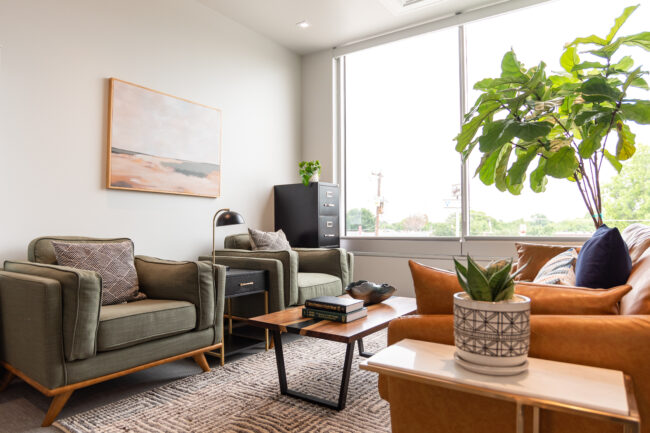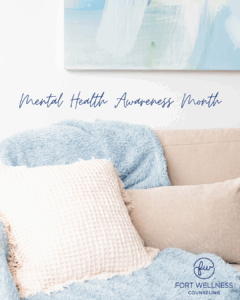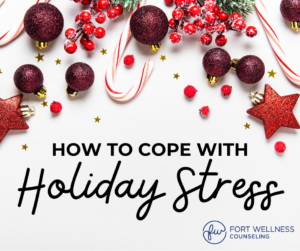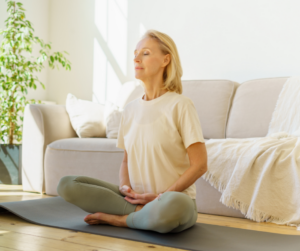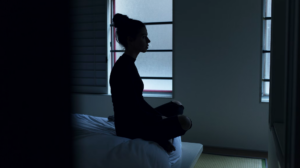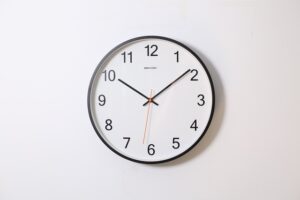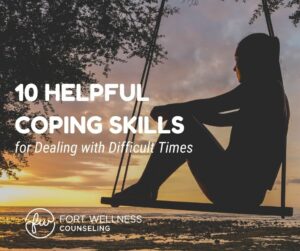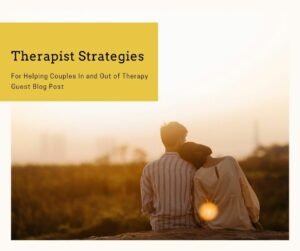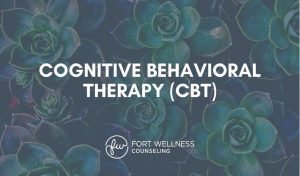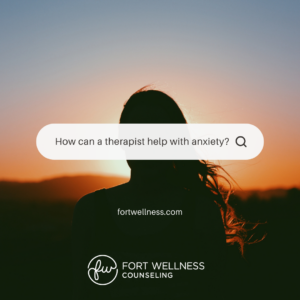Sleep hygiene might sound like a fancy term, but it simply means having good habits that help us sleep well. And as a therapist, I see how better sleep transforms my clients’ daily lives. So, this topic is very near and dear to our team.
Think of it like your night time maintenance routine – just as regular oil changes keep a car running smoothly, good sleep habits keep our minds and bodies running at their best. Moreover, let’s explore a few straightforward ways to wind down at night and build better sleep habits.
Creating Your Adult Bedtime Routine
Basically, our bodies respond very well to consistency. In fact, science has noticed that people who stick to regular sleep times — even on weekends — tend to feel more energized. I learned this firsthand when I fixed (for the most part) my own sleep schedule.
Setting a regular bedtime helps signal our brain that it’s time to rest. So, start by picking a time and then work backward for about an hour – this becomes your wind-down time. You can’t expect to go 100 miles per hour and then try to stop 5 minutes before bedtime. You need to think about your bedtime routine in the context of your afternoon, and especially evening and last hour in the day.
Natural Ways to Relax Before Bed
Additionally, gentle activities that ease our minds are the key to winding down at night. I still remember the night I traded my phone for a book—it was the best decision, or at least one of them, that I ever made.
Try listening to calm music, reading a book, or practicing simple stretches. These activities naturally tell our bodies to shift from daytime energy to restful evening mode.
Evening Relaxation Techniques
You may not want to hear it, but deep breathing can make a real difference in sleep quality and mindfulness. I like to think of this technique as slowly turning down the volume knob on your thoughts.
Take five slow breaths, counting to four as you inhale and six as you exhale. This simple practice helps calm your nervous system and prepares you for sleep. You can also practice things like boxed breathing and other pleasant imagery type of exercises.
Screen-Free Activities Before Sleep
If you haven’t heard, the blue light from phones and tablets can confuse our internal clock. I tell clients struggling with sleep that phones are like coffee: great in the morning, not at night.
So, instead of scrolling, try writing in a journal, doing a puzzle, or having a quiet conversation. These activities help our minds settle – without the stimulation of screens.
Calming Your Space for Better Sleep
Furthermore, our environment plays a big part in how well we rest. And in my practice, I’ve seen how small changes to a bedroom can significantly improve sleep quality.
Try keeping your bedroom cool, dark, and quiet. Additionally, some people find that soft, warm lighting and gentle scents like lavender create a peaceful atmosphere!
Mindful Evening Habits
Lastly, pay attention to what you eat and drink in the afternoon and in the evening. That late-night spicy pizza usually is not worth the tossing and turning later.
A light snack is fine, but heavy meals can disrupt sleep. So, try to avoid caffeine after lunch and limit evening drinks to avoid midnight trips to the bathroom – which just interrupts your sleep cycle.
Creating Your Wind-Down Routine
Sleep helps us think clearly, maintain emotional balance, and stay physically healthy. And by following sleep hygiene steps and creating a consistent wind-down routine, we can improve our sleep quality and wake up feeling refreshed.
If these techniques aren’t helping, our Fort Worth therapy office is here to support you. Our team understands how sleep affects every aspect of life, and we can work together to develop strategies tailored to your needs. Besides, sometimes talking through evening stress or anxiety with a professional can make a real difference in your sleep quality.
Start tonight by choosing one small step toward better sleep hygiene and building from there. And if you’d like support in developing your routine, contact our Fort Worth office to speak with a therapist who can help guide you toward better rest.



